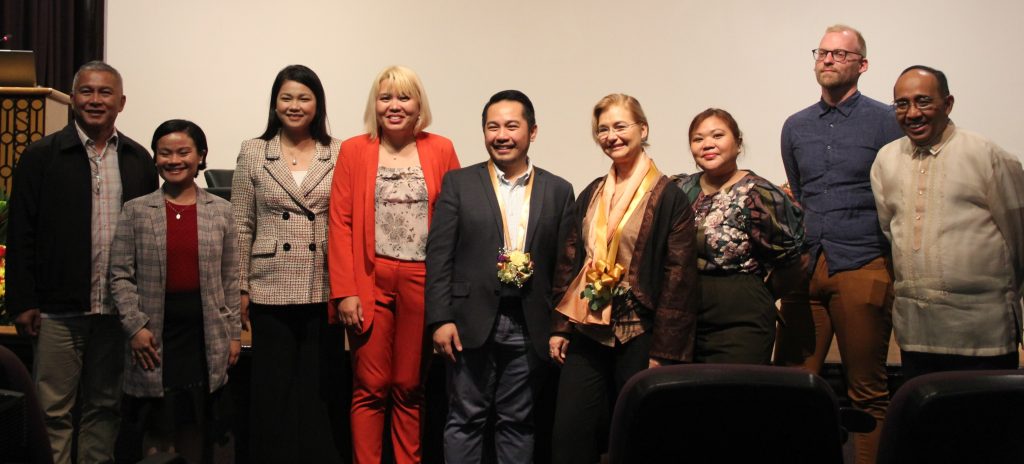A public health expert thinks the Philippines may need to address the pressing impacts of climate change especially since the situation can possibly spark the next pandemic.

Dr. Ramon Lorenzo Guinto of St. Luke’s Medical Center said that such health impacts of climate change may come from “zoonotic spillovers” or viruses that get transmitted from vertebrate animals to humans.
These spillovers, he adds, are on top of SARS-CoV-2 —already “classified” by health experts as a zoonotic disease even if the animal reservoir of this virus is yet to be precisely determined.
Which is why for Guinto, public health systems must be “climate-resilient”.
“(With the Philippines) being the heart of the climate crisis, the challenges include the interlocking of mental health and climate change in the Philippines, the failure of health systems to be ready in crisis, and the progress of the country to achieve the Sustainable Development Goals (SDGs) has been reversed and derailed,” Guinto said at an international seminar-workshop on disaster management in Southeast Asia held at the University of Santo Tomas.
Guinto’s remarks come at a time when the 28th Conference of the Parties to the UN Framework Convention on Climate Change (or COP28) is set to be staged November 30 to December 12 in Dubai, United Arab Emirates.
Looming in the backdrop is the projection by the World Meteorological Organization (WMO) last May of a 66 percent likelihood that near-surface global temperatures will be 1.5°C hotter —for at least one year— between 2023 and 2027.
There is also a 98 percent chance, WMO adds in its projection (issued last May), that one year within the next five years “will be the warmest on record”.
“WMO is sounding the alarm that we will breach the 1.5°C level on a temporary basis with increasing frequency,” said WMO Secretary-General Prof. Petteri Taalas.
And if these rising temperatures lead to disease outbreaks or worse a pandemic similar with COVID-19, Guinto said public health systems must not only be better governed but become more responsive compared to the experiences during the COVID-19 pandemic.
“Solutions here,” Guinto adds, include building better health and climate-resilient systems, good governance, financing that’s readily available to be tapped, and community building as the first line of defense,” Guinto said at the workshop Governing Complex Disasters in Southeast Asia held at UST.
Academics from Universiti Brunei Darussalam, Deak University, Brown University, and UST, as well as NGOs such as Philippine Disaster Relief Foundation (PDRF) and Curiosity.PH, co-organized the international seminar-workshop.
Panel presentations, a simulation on disaster response operations at PDRF’s facility in Clark, Pampanga, and research presentations marked the international seminar-workshop.
Swedish Ambassador to the Philippines Dr. Annika Thunborg concurred with Guinto and reiterated Sweden’s support to overall global initiatives surrounding climate change response and COVID-19 vaccination through AstraZeneca. The Ambassador served as keynote speaker during the seminar-workshop.)




